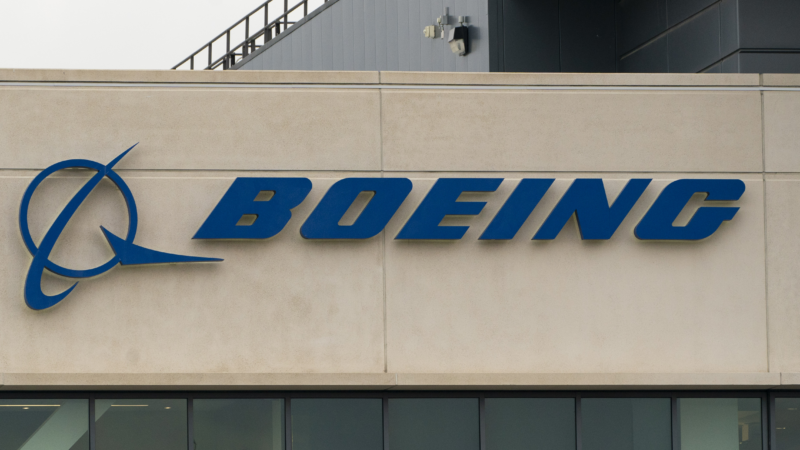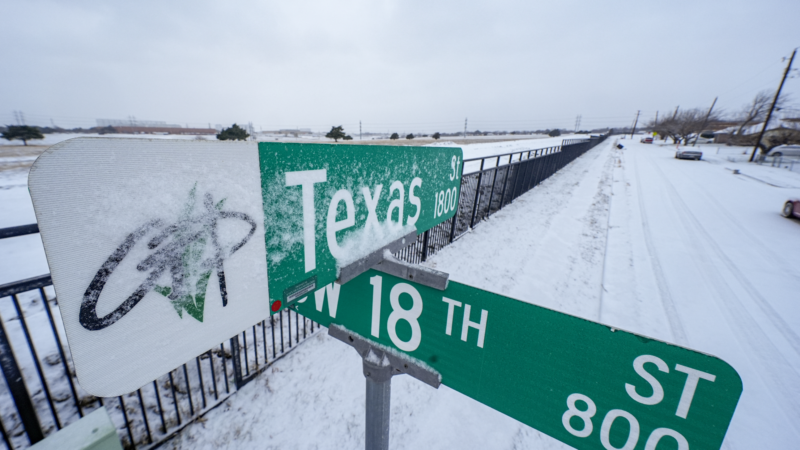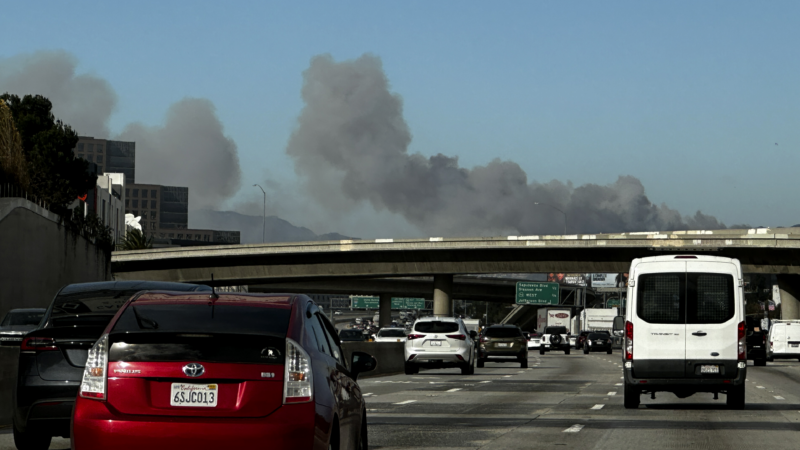Court rejects Boeing plea deal stemming from 737 Max crashes
A federal judge in Texas has rejected a proposed plea deal between Boeing and the U.S. Justice Department, saying the court should play a bigger role in selecting an independent monitor to oversee the company.
The decision is a victory for family members of people killed in the deadly crashes of two Boeing 737 Max jets, who opposed an agreement they argued was too lenient.
Judge Reed O’Connor in Fort Worth, Texas objected to the framework that Boeing and the Justice Department crafted to select an independent monitor.
“Marginalizing the Court in the selection and monitoring of the independent monitor as the plea agreement does undermines public confidence in Boeing’s probation,” O’Connor wrote in an order published Thursday.
The judge also criticized the DOJ for including diversity considerations in the process for appointing the independent monitor.
“It is in the utmost interest of justice that the public is confident this monitor selection is done based solely on competency,” O’Connor wrote in his ruling. “The parties’ DEI efforts only serve to undermine this confidence in the Government and Boeing’s ethics and anti-fraud efforts.”
The agreement between Boeing and the DOJ stems from the crashes of two 737 Max jets in 2018 and 2019 that killed 346 people.
Under the deal, Boeing agreed to plead guilty to a single count of conspiracy to defraud regulators about the safety of those planes, and to pay a fine of more than $240 million. The aerospace giant would also be put on probation, and subject to an independent compliance monitor — selected by the Justice Department, with input from Boeing — for three years.

But Judge O’Connor refused to sign off on the deal. O’Connor, who was appointed by President George W. Bush, has a track record of ruling in favor of conservative causes in big cases, including a challenge to the Affordable Care Act. More recently, billionaire Elon Musk has steered a number of cases toward O’Connor’s courtroom.
O’Connor held a hearing on the Boeing plea deal in October, and subsequently ordered additional briefings from Boeing and the DOJ about their diversity and inclusion policies, and how they might affect the selection of an independent monitor.
In their response, lawyers for the Justice Department noted that language about diversity and inclusion in the plea deal is not new. Prosecutors said they have been including a sentence that monitor selection “shall be made in keeping with the Department’s commitment to diversity and inclusion” since 2018 — during the first term of President-elect Donald Trump.
A spokesperson says the DOJ is reviewing Thursday’s order. Boeing did not immediately respond to a request for comment.
Meanwhile, lawyers for family members of the crash victims hailed O’Connor’s decision.
“Judge O’Connor’s emphatic rejection of the plea deal is an important victory of the families in this case and, more broadly, crime victims’ interests in the criminal justice process,” said Paul Cassell, a professor at the University of Utah College of Law and a former federal judge who is representing the families of the Max crash victims for free.
“It’s time for the DOJ to end its lenient treatment of Boeing and demand real accountability,” said Erin Applebaum, a partner at the law firm Kreindler & Kreindler LLP, which represents dozens of families who lost loved ones on Ethiopian Airlines Flight 302.
“We anticipate a significant renegotiation of the plea deal that incorporates terms truly commensurate with the gravity of Boeing’s crimes,” Applebaum said in a statement.
Boeing and the DOJ reached a similar agreement in 2021. But after a door plug panel blew out of a Boeing 737 Max jet in midair in January, federal prosecutors concluded that Boeing had failed to hold up its end of the deal.
In his order, Judge O’Connor gave Boeing and the DOJ 30 days to confer and update the court on their next steps.
Man who exploded Cybertruck in Las Vegas used ChatGPT in planning, police say
The highly decorated soldier who exploded a Tesla Cybertruck outside the Trump hotel in Las Vegas used generative AI including ChatGPT to help plan the attack, Las Vegas police said Tuesday.
Wild weather brings snow to the South and Santa Ana winds to the West
As the South prepped for snow and more cold starting Wednesday, residents in Southern California faced off with hurricane-strength winds.
What to know about Trump and his keen interest in Greenland
President-elect Donald Trump has said multiple times that the U.S. should buy Greenland, an autonomous territory of Denmark. The sparsely populated island is geopolitically important and mineral-rich.
There’s great TV coming in January, from ‘Severance’ Season 2 to a Jerry Springer doc
There is a lot of TV on deck in the new year – including multiple medical dramas, a violent Netflix drama about Utah settlers in the 1850s, plus, cop shows, Westerns and documentaries.
Life-threatening windstorm triggers wildfire in Southern California
Southern California hasn't seen significant rainfall since last April, and a pileup of dry fuel in combination with the winds has the region on edge. A mandatory evacuation order was issued for the Palisades.
Peter Yarrow of the folk trio Peter, Paul and Mary has died at 86
Yarrow wrote or co-wrote some of the group's biggest 1960s hits, including "Puff, the Magic Dragon" and "Day Is Done."







